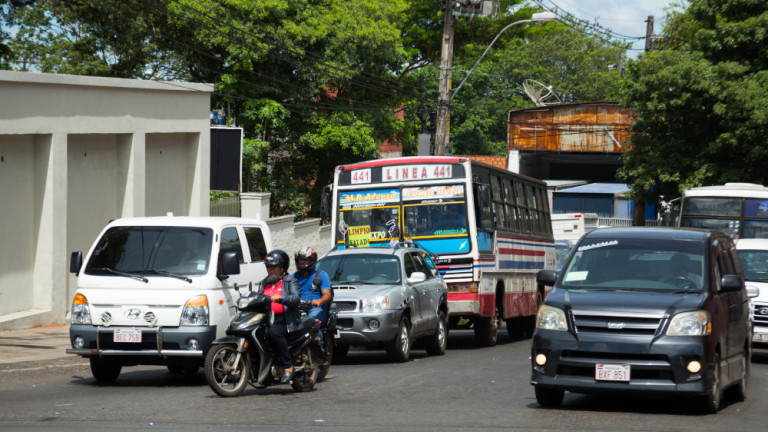Paraguay: Central Bank aggressively battles highest inflation in a decade after severe drought
Event
Rising food and fuel prices caused inflation in Paraguay to soar to 11.8% in April (see graph). Paraguay – as many other Latin American countries – hasn’t witnessed such high inflation in a decade. As a result, the Central Bank of Paraguay acted quickly by aggressively raising its benchmark interest rate by 600 basis points, to 6.75%, at the end of April 2022, coming from 0.75% in August 2021. Looking forward, further interest hikes are on the cards.

Impact
Like most economies around the world, this South American nation was already battling rising consumer prices due to supply chain constraints. Once the global economy started to recover from the Covid-19 pandemic, the conflict in Ukraine increased the inflationary pressure. On top of that, food inflation was aggravated by the fourth year of severe drought during the crucial December-February months – the growing period of the agricultural season.
The drought – the most severe in Paraguay’s history – has also impacted economic prospects. The IMF forecasts a meagre real GDP growth of 0.3% in 2022, though the economy can still fall into a recession this year. The economy is mainly impacted through the agriculture sector. Paraguay – the world’s fourth largest soybean exporter – recorded it lowest soybean harvest since 1997. Hence, the country can’t profit from the higher international food prices, while in 2020 soybeans accounted for around a fifth of its current account revenues. Furthermore, the drought is likely to affect beef exports as well (accounting for about a tenth of current account revenues in 2020). Besides the agriculture sector, the severe drought is affecting the economy in two other ways. First of all, Paraguay has considerably lower energy production from its hydroelectric plants (Paraguay is an important regional hydropower exporter, with its hydropower exports historically accounting for about a fifth of current account revenues). Secondly, the drought has also led to a lower water level of the Paraguay River. All global trade passes through this river, so the current situation leads to long delays and higher maritime transport costs for both exports and imports.
For now, the outlook for Credendo’s short-term and medium- to long-term political risk ratings and its business environment risk rating are stable. However, if droughts become more common, long-lasting and severe – which is not unthinkable in the current context of the climate change – and the country can’t adapt to this new reality, a downward revision of Credendo’s ratings cannot be excluded in the future.
Analyst: Jolyn Debuysscher – J.Debuysscher@credendo.com
